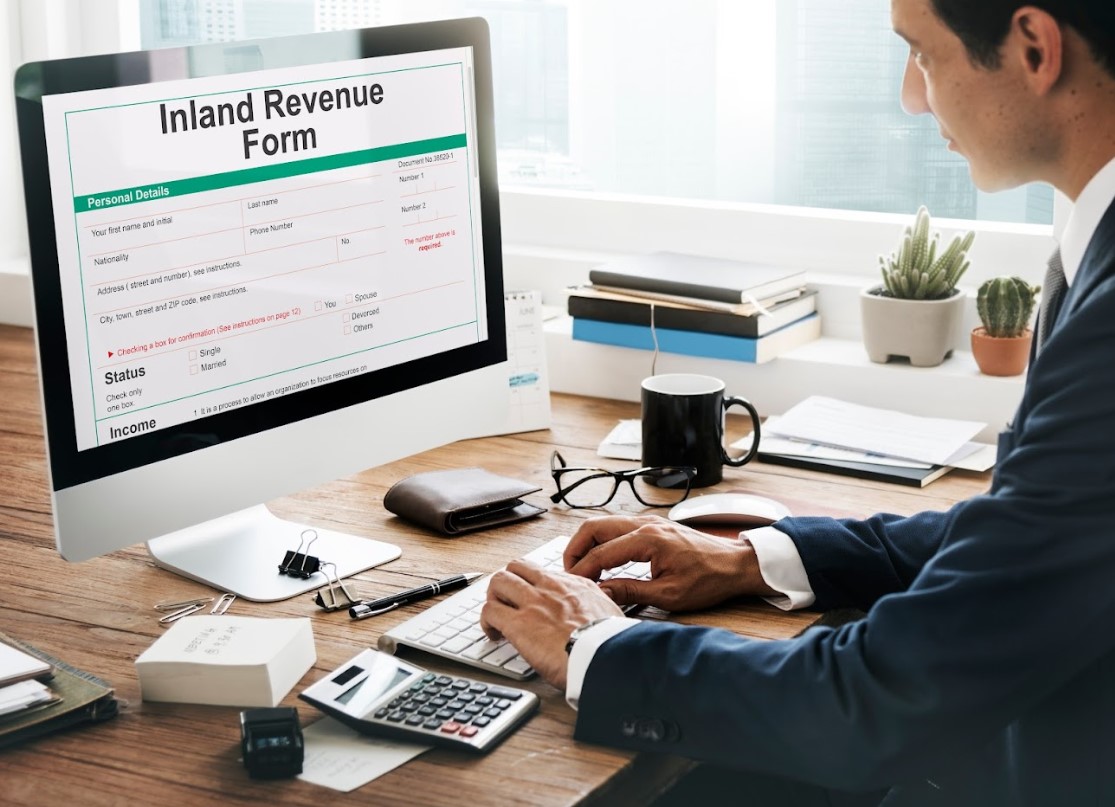
Singapore Personal Income Tax – Common Filing Errors
In Singapore, an individual must file his/her personal income tax return on 15th (paper-filing) or 18th April (e-filing) each year.
You should note that all gains and profits derived by an employee in respect of his employment are taxable unless they are specifically exempted under the Income Tax Act or exempted by virtue of an administrative concession granted by the Inland Revenue Authority of Singapore (“IRAS”).
Whether you are an individual income taxpayer or an employer, you may wish to take note of some common filing errors highlighted below:
Non-filing of personal income tax return
An individual should file his/her income tax return unless he receives a No-Filing Service (“NFS”) notification from the IRAS. This is regardless of if he/she derived any income in the preceding year or if his/her employer is on the Auto Inclusion Scheme (“AIS”) for Employment Income.
If he/she does not file his income tax return by the due date, the IRAS will take enforcement actions. In addition, the IRAS may issue a Notice of Estimated Assessment based on information provided in the past years of assessment.
Relief claims
A Singapore tax resident is entitled to personal income tax reliefs subject to meeting qualifying conditions. As such, before e-filing his/her income tax return, he/she should ensure that he/she meets the qualifying conditions for the tax reliefs which would have been automatically pre-filled in his/her tax return (based on prior years’ information).
If an individual wishes to claim new reliefs, he/she should input the relevant claim in his/her tax return. For example, with the arrival of a new child, an individual may include a claim in his/her tax return for qualifying child relief or handicapped child relief accordingly.
Declaration of income and employment benefits
(a) Salary
An employee is taxable on income derived from the exercise of an employment with his/her Singapore employer. In a situation where his/her salary is borne partly by the Singapore employer and the overseas parent company, the portion borne by the overseas parent company should be declared in the employee’s Form IR8A. This is regardless of whether the employee’s salary is credited to a Singapore bank account or an overseas bank account.
(b) Car benefits
Where an employer provides car benefits to an employee, he/she is taxable on the private usage of the car. The IRAS has amended the formulae to compute the taxable value of car benefits with effect from the Year of Assessment (“YA”) 2020. The taxable benefit is dependent on whether the car is new, second-hand, a car with renewed COE or a leased car and includes the actual running and maintenance cost of the car.
(c) Home Leave Passage
In the past, home leave passage provided to expatriates were taxed at a concessionary rate and limited to a fixed number per year. However, with effect from YA 2018, home leave passage provided to an expatriate employee, his spouse or his children are taxable in full.
However, where the expatriate is an employee of a company which has been granted certain tax incentives before 1 January 2004, there are specific tax rules on the taxation of such home leave passage.
(d) Overseas Holiday Trips
Where an employer provides an overseas holiday trip to its employees, this benefit is taxable even though it is available to all staff.
(e) Share Options and Share Awards
An employee is subject to tax on gains arising from Employee Share Options (ESOP) and other forms of Employee Share Ownership (ESOW) plans if the plans are granted to him/her while he/she is exercising employment in Singapore. Generally, under ESOP, the gains are taxable when the employee exercises his/her share options. As for ESOW (with no vesting period)/ESOW (with a vesting period), the employee will be taxed on the gains in the year when the shares are granted/when the shares vest with the employee.
In a situation when the foreign employee ceases employment in Singapore or a Singapore Permanent Resident leaves Singapore permanently, the “deemed exercise rule” will apply to bring the gains from ESOP and ESOW plans as “deemed income” of the employee, one month before the date of cessation of employment or the date the right or benefit is granted, whichever is the later.
(f) Director’s fee
A director is assessable to tax on his director’s fees in the year he is entitled to receive the fee. Generally, this is the date the fees are voted and approved at the company’s Annual General Meeting (“AGM”).
(i) Director’s fees approved in arrears
Director’s fees approved in arrears refer to fees that are approved after the director has rendered his services to the company for the accounting year concerned. In this case, the earliest date on which the director is entitled to the fees is the date the fees are approved at the company’s AGM.
Example
Director’s fee of SGD 10,000 for year ended 31 December 2020 is approved at the company’s AGM on 28 February 2021. Accordingly, the director’s fee will be regarded as income for 2021 and brought to tax in the YA 2022.
(ii) Director’s fees approved in advance
Director’s fees approved in advance refer to fees that are approved before the director renders his services to the company for the accounting year concerned, when such fees are approved at the company’s AGM. Thus, the earliest date on which the director is entitled to the director’s fee is as and when he renders his services.
Example
A company held its AGM on 31 January 2022 to approve director’s fees of SGD 80,000 for the accounting year ending 31 December 2022. In this instance, the director’s fee of SGD 80,000 has been approved in advance since the director has not performed his services for the company. Accordingly, he is not entitled to the director’s fee on 31 January 2022.
Where a company pays director’s fees to a non-resident director, it must be mindful of potential withholding tax implications.
Filing Form IR21 – Tax clearance for foreign or Singapore Permanent Resident {“SPR”) Employees
An employer must seek tax clearance from the IRAS if its employee (foreigner or SPR) ceases his employment with the company, goes on an overseas posting or leaves Singapore for more than three months. The Form IR21 must be submitted to the IRAS at least one month from the foregoing events. In addition, the employer must withhold all monies due to the employee from the date that it is aware of the employee’s cessation of employment or impending departure from Singapore, until a Tax Clearance Directive is issued by the IRAS.
If the employer does not file or is late in filing the Form IR21, the IRAS may impose a fine of up to S$1,000.
Please contact us if you require assistance with your/your employees’ tax filing matters.
Get in touch and discover how we can help
Got a question or inquiry? Come talk to us today.
Contact Us


